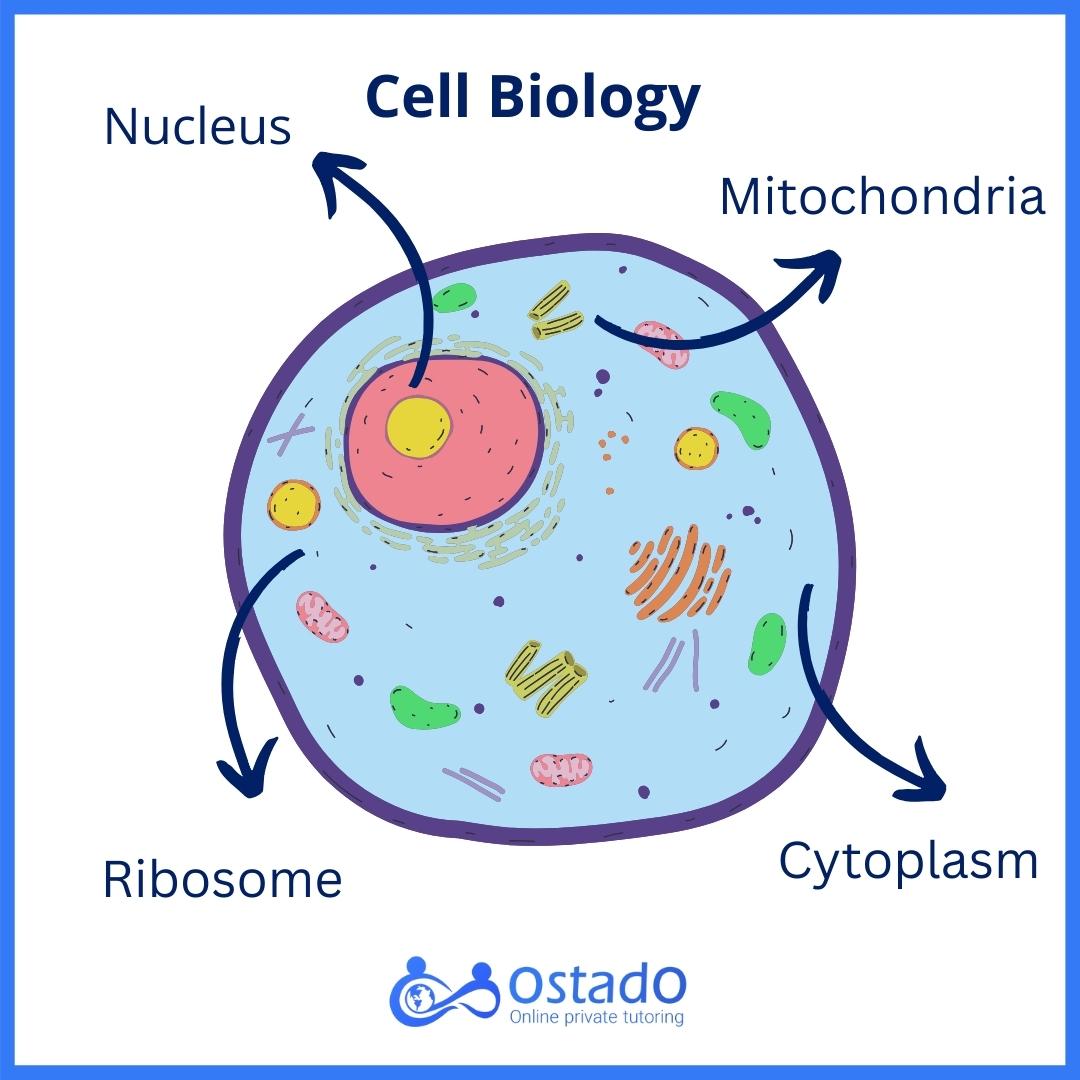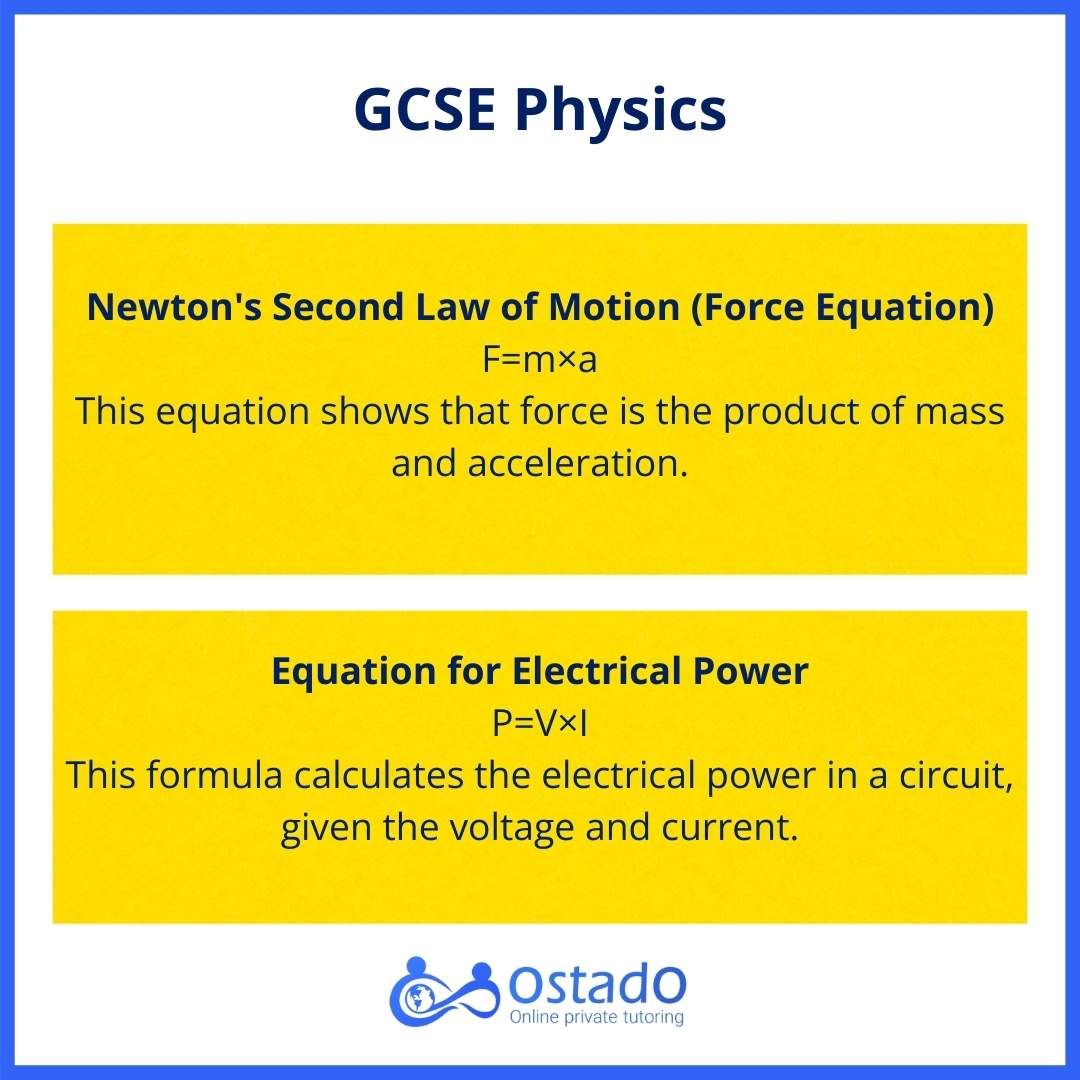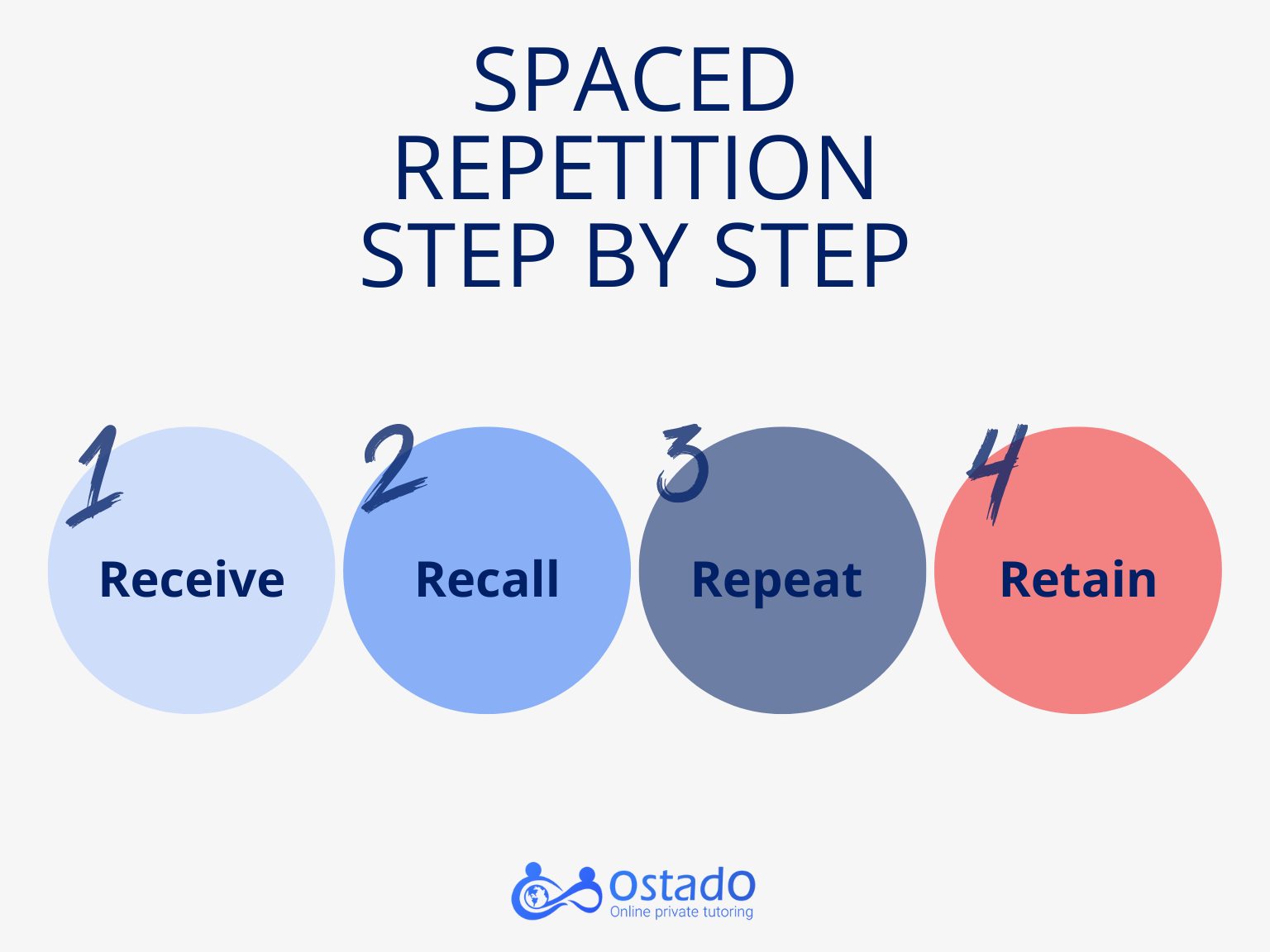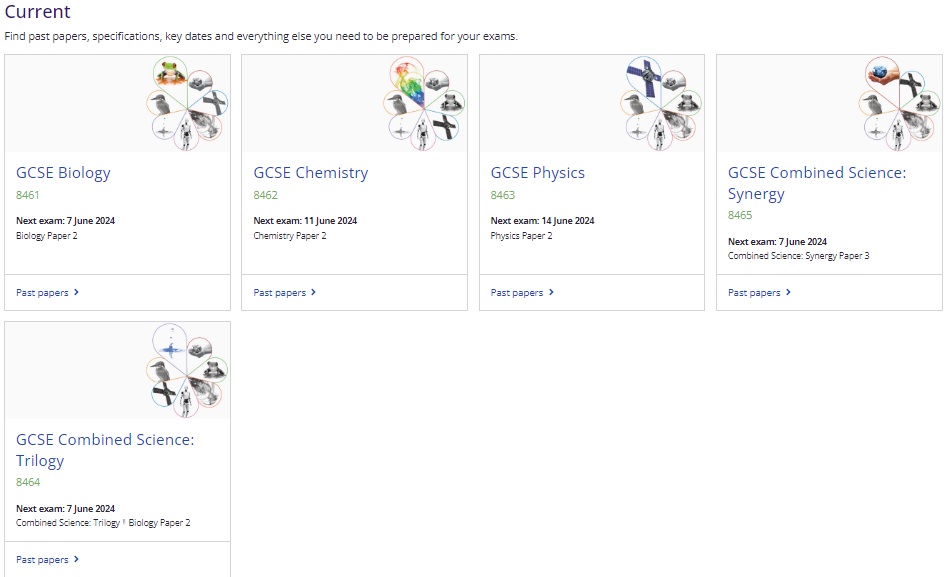With Biology, Chemistry and Physics, GCSE science has a lot to cover. All these subjects need tailored strategies and resources. And it isn’t about memorisation; you need problem-solving, analysis and exam skills.
With the right approach, mastering GCSE Science is easy and enjoyable. What is the right approach? How to revise for science GCSE AQA? We have gathered the best revision techniques for the AQA Science syllabus.
Step 1. Create an Effective Revision Schedule
Your first step for a successful revision is a tailored GCSE Revision timetable. Here’s a general guide:
Make a List of All the Topics and Orgnise Them
If you’re not sure where to start, the AQA specification at a glance is an excellent guide.
After making your list, organise the topics into smaller chunks. Allocate the challenging ones more time.
It’s also helpful to start with topics you feel less confident about. This way, you have more time to strengthen your skills.
Set Specific Goals
Break your goals into precise tasks. For example, instead of “study Chemistry,” try “practise chemical equations.”
Balance Subjects
While revising challenging topics is essential, you must not neglect the topics you feel confident about.
Also, don’t practise all the complex topics in one day; create a balanced study schedule that considers the topics’ difficulty.
Use a Digital Tool
Digital tools such as Google Calendar help you craft an excellent revision timetable with time blocking. You can also colour code by topic for a better visual overview of your schedule.
Track your Progress
Progress tracking is an excellent motivation technique. You don’t need to track how many hours you have studied; thinking about topics understood is more helpful.
Step 2: Find The Right Balance
For each GCSE Science subject, you need different revision strategies. This way, you will get your desired GCSE test results. Here’s how:
Biology
Focus on understanding concepts. The most important topics are cell biology, homeostasis, and genetics.
Practise drawing diagrams and explore different systems.

Chemistry
You need memorisation and application. Focus on understanding the periodic table, reaction rates and chemical bonding.
Practise balancing equations and interpreting data. Don’t forget about Chemistry Maths.

Physics
You need to understand the formulas and know when and how to apply them. Topics such as forces, energy, and electromagnetism require theory knowledge and calculation skills.

Step 3: Pay Attention to Past Papers
How to revise for Combined Science GCSE? Past papers are one of the most effective revision tools available. They help you identify your weaknesses and study accordingly.
You will also better understand the AQA exam structure, timings and question formats.
The key is to start early; you don’t have to wait till the last week to practise past papers.
Also, pay attention to mark schemes. They help you figure out what examiners look for.
When reviewing mark schemes, note what needs to be revised more. You can download GCSE Science AQA past papers here:
GCSE Biology Past Papers AQA
GCSE Chemistry Past Papers AQA
GCSE Physics Past Papers AQA
Step 4: Study Smarter, Not Harder
Exam success is about smart revision. Instead of spending hours memorising and rereading, try:
Active Recall
This technique has many benefits, including saving time and promoting deeper and longer-lasting knowledge.
Active recall involves stimulating the brain to retrieve the information you’ve just learned actively instead of passively repeating it. Generally, there are three steps in this study method, including:
- Familiarising yourself with the topic
- Creating questions
- Answer the questions.
This study method is practical because you don’t need to reread the topics repeatedly. Instead, you constantly test yourself and gain a better view of your weaknesses. What is the best method for implementing active recall in Science revision? Below are some tips:
- Science flashcards
- Self-quizzing
- Revision notes
This YouTube video by Tiny Medicine explains How to do Active Recall Effectively
Spaced Repetition
This learning technique involves reviewing science topics at increasing intervals to improve long-term retention.
Spaced Repetition allows flexibility for multiple subjects.
When you learn new science topics, you should review them shortly after to strengthen your memory of them.
The tools below are helpful for the spaced repetition technique and how to revise for GCSE science exams:
- Quizlet
This study tool offers GCSE students ready-made flashcards and textbooks. Quizlet’s “Long-Term Learning” feature is also excellent for the spaced repetition study technique.
- Anki
This open-source software allows you to create flashcards and schedule them according to the spaced repetition algorithm. You can also use Anki’s shared decks.
- DoYouNotes
This app is excellent for GCSE students seeking an interactive study tool. Using the Do You Notes App, you can upload PDFs and create questions based on the material. You can practice questions on this app in a personalised manner.

For more information and tips, please watch this YouTube video Active Recall and Spaced Repetition for Complete Beginners.
Step 5. Get Expert Guidance
GCSE success is more than revision hours. Exam techniques and building skills are also helpful.
Save your time and energy by working with a GCSE tutor. This way, you will learn the best exam technique based on your exam board. You will learn quickly with your preferred schedule and tailored tools.
At Ostado, our highly qualified GCSE science tutors help students around the UK achieve the best results in short periods.
Join us now and find a tutor to lead you to success. You can also book a free trial lesson to find your perfect tutor.
Step 6. Use Online Resources for AQA GCSE Science Revision
GCSE revision apps help you stay on track. Here are our hand-picked GCSE Science Revision resources:
BBC Bitesize
This website delivers practical science lessons for GCSE students, which include visuals and audio files. You can also find practice papers and questions on BBC Bitesize.
Revision Science
This website offers GCSE science exams from major exam boards, including AQA. Revision Science also provides marking schemes to improve your exam techniques.
AQA
The AQA website offers valuable information about the exam, its format and resources. For more information about marking schemes, you can download the PDF file: Our exams explained – Mark Scheme – AQA.

FAQ revise for science in GCSE
- How do you revise for science in GCSE?
- Create a study timetable.
- Prioritise the topics, giving the challenging ones more periods.
- Utilise online tools and study techniques that work best for you.
- Practise past papers and use marking schemes to gain a deeper understanding of the exam format.
- How do I start revising for GCSE science?
- Figure out how much time you have to revise.
- Identify the topics that are challenging for you.
- Create a study schedule and make sure to balance it with a focus on the most challenging topics.

